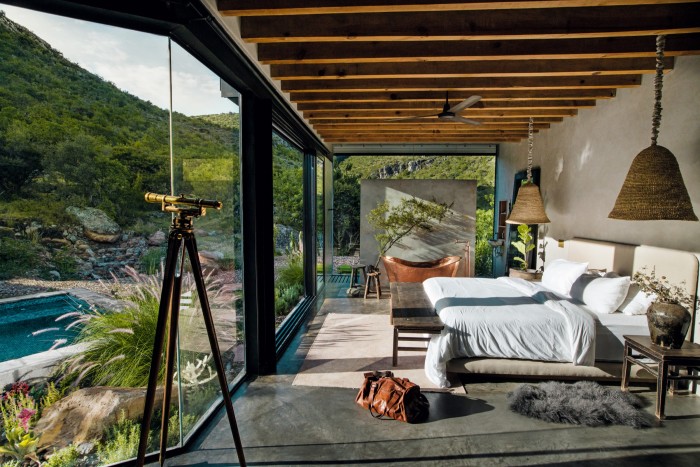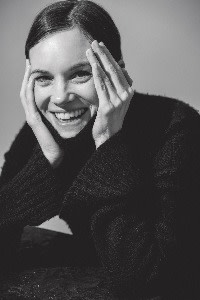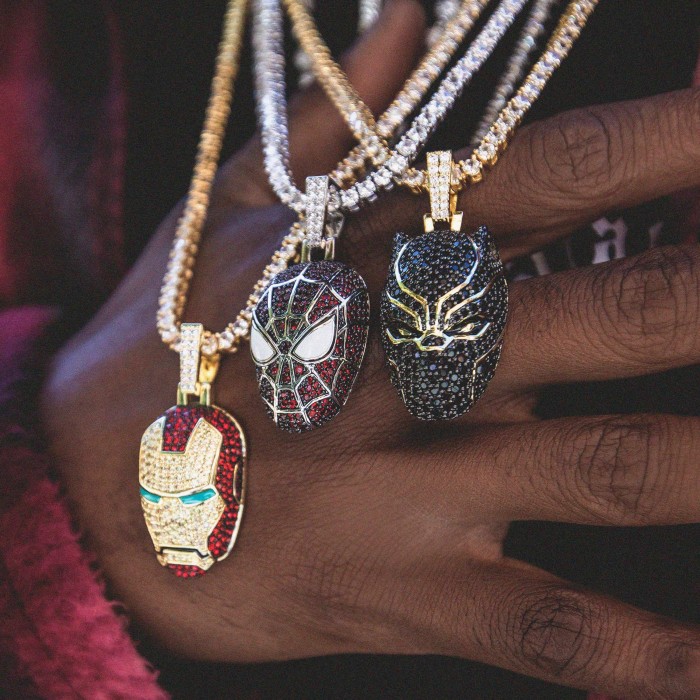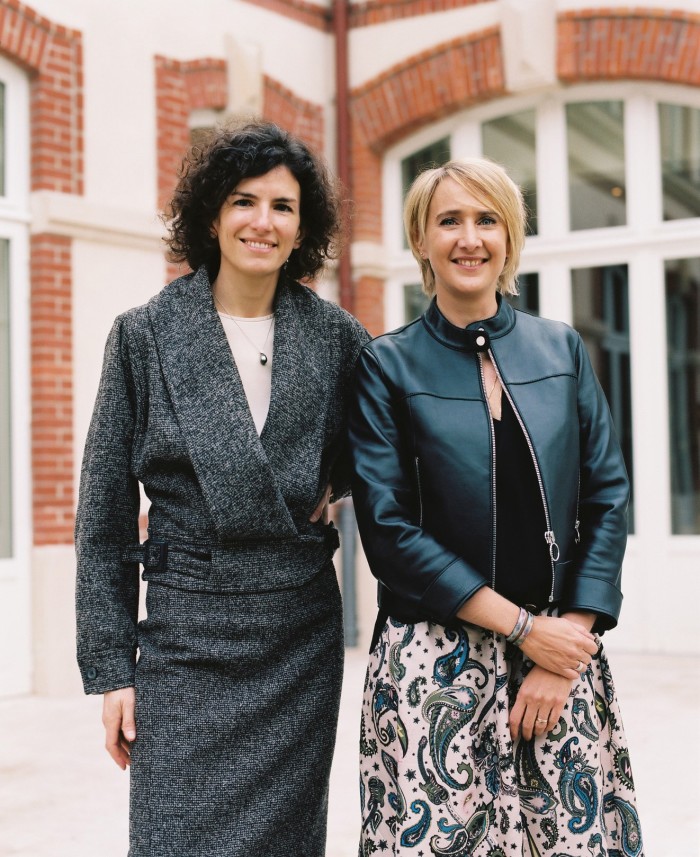HTSI editor’s letter: the art of escape – from the safety of one’s home

Simply sign up to the Style myFT Digest -- delivered directly to your inbox.
Of the trickier things we’ve had to negotiate at HTSI during this pandemic, how to cover travel has been particularly fraught. On the one hand, readers have been quick to reassure us that they crave the escapist thrill of travel stories; they want to be transported, and dream of trips in far, exotic climes. On the other, it seems a peculiar perversion to talk of travel when so many countries remain on lockdown and holiday plans require a near-delusional degree of self-belief. Plotting each issue has become an exercise in caution. Hotels due to open have been pushed back for months, borders have opened only then to close. Places that seem “safe” are placed in lockdown at short notice. And there is the ethical dilemma: is it not slightly irresponsible to be recommending holidays when most governments are insisting that everyone stay home?

In lieu of actual travel, it’s no wonder that one pandemic phenomenon has found us escaping via our iPhones. It’s a pretty irony that the device we call a “mobile” has become our lockdown passport – a portal through which we can revisit all the places we have visited via the pictures on our screens. How many afternoons have I lost scrolling through images that an algorithm has determined to tell me where I was on This Day Last Year? The vicarious pleasures and pain to be found in this kind of virtual travel are something Maria Shollenbarger has examined in “Travels In My iPhone”. As she discovers, archive pictures can be wonderfully transporting. But while she finds the iPhone a useful proxy for the real thing, it has also unlocked memories of other emotional journeys – about identity and fulfilment – that have taken her by surprise.
Dawn Russell’s journey has been one of survival, determination and the good fortune of a love match that, as Nick Foulkes observes in his cover story, reads like something penned by Henry James. The founder of 8Greens, a health supplement business, Dawn became obsessed with plant-based living while being treated for stage-three cancer. She launched her wellness brand in America five years ago alongside her husband, Lord James Russell, and has spent the past year building her 8Greens business from her Notting Hill home. She talks to Nick about beating cancer, Covid-19 and building a global empire from her bedroom in an illuminating interview that also allows us a look inside the family home. Theirs is a marriage of opposites – her all-American spirit an amusing counter to the more traditional impulses of her aristocratic spouse – but the formula clearly works. As to which of them has the more enviable dressing room, I leave you to decide.

To another type of aristocracy: we examine the power of artists such as Jay-Z, Tyler, The Creator and Drake as the new patrons of high jewellery. As musicians have emerged as some of the most valuable jewellery clients (unlike many actresses and influencers, rappers tend to pay for all their wares), the industry is shifting to accommodate their tastes. Chief among the winners in this fast-emerging market are brands such as GLD, which started out reselling wholesale costume jewels in Pittsburgh six years ago, but turned an annual revenue of more than $50m last year. In “The Ice Pack: How Hip-Hop Jewellery Became Big Business”, Vivienne Becker talks to GLD and other players in the market, and notes how the trend is also influencing the storied brands of Place Vendôme.

Place Vendôme is not the only bastion of French savoir faire that is experiencing a revolution. In “Bursting the Bubble – Meet the Female Winemakers Who Popped the Patriarchy”, Alice Lascelles meets seven female champagne makers who have managed to ascend the male-dominated world of winemaking to become acknowledged leaders in their field. They have, as I have become fond of saying, popped the patriarchy. New to me, however, was the discovery that 70 per cent of champagne is sold to women buyers. It seems about right then that the sisters should be doing it for themselves.
Comments